Industry information
Company News
- Imitation wood grain aluminum veneer: the fashionable new favorite of modern architecture
- Imitation wood grain aluminum veneer: a harmonious blend of modernity and nature
- The dazzling aluminum light reveals the fashionable charm of curtain wall aluminum veneer!
- Imitation wood grain aluminum veneer: retro style of modern architecture
- Curtain wall aluminum veneer: the "fashionable coat" of modern architecture
Industry dynamics
- Customized aluminum veneer: an artistic journey to create personalized spaces
- Wood grain aluminum veneer: a natural choice in modern architecture
- Analysis of the advantages and development prospects of hyperbolic punched aluminum veneer
- Personalized customized aluminum veneer creates a unique suspended ceiling
- Aluminum veneer curtain wall: the fashionable coat of modern architecture
Frequently asked questions
- Is the surface treatment method of aluminum veneer restricted?
- How to evaluate the impact of the plasticity of aluminum veneer on the appearance of buildings?
- Does the production of aluminum veneer require certification?
- What are the types of aluminum veneer?
- Can aluminum veneer be used for building platform design?
contact us
Mobile:+86 15627778610
Email: 2201229786
Address: No. 5 Binjiang Road, High tech Zone, Zhaoqing City, Guangdong Province
Why is aluminum veneer widely used in public facilities?
- Author: Lesilong Technology (Guangdong) Co., Ltd
- Release time: February 24, 2025 21:09:57
- Click:0

Aluminum veneerAs a lightweight, high-strength, and corrosion-resistant building material, it has been widely used in the construction industry. In addition to its excellent performance, aluminum veneer is also widely used in public facilities such as airports, subway stations, sports venues, and other places. Below is a detailed introduction to the reasons why aluminum veneer is widely used in public facilities.
Aluminum veneer has good anti-corrosion and fireproof properties. Due to the fact that public facilities often need to withstand various harsh environmental and climatic conditions, such as high temperature, high humidity, strong winds, etc., they need to have strong anti-corrosion and fire resistance properties. Aluminum veneer has good corrosion resistance and fire resistance, which can effectively ensure the safety and health of public facilities.
Aluminum veneer has good thermal insulation performance. Due to the prolonged operation of public facilities, it is necessary to have good insulation performance to reduce energy loss and improve energy utilization efficiency. Aluminum veneer has good thermal insulation performance, which can effectively improve the comfort and energy utilization efficiency of public facilities.
Again, aluminum veneer has good processing performance and plasticity. Due to the fact that public facilities usually need to be customized and designed according to specific building needs, they require good processing performance and plasticity to meet different design requirements. Aluminum veneer has good processing performance and plasticity, and can be flexibly processed for cutting, punching, slotting and other operations, thus achieving more diverse and innovative building forms.
Aluminum veneer has high environmental performance. Due to the long-term use of public facilities, they need to have high environmental performance to reduce their impact on the environment and waste of resources. Aluminum veneer is a green building material that does not produce pollution or waste, and has a relatively small impact on the environment; Aluminum veneer can also be manufactured using recycled materials, further improving its environmental performance.
The reasons why aluminum veneer is widely used in the field of public facilities mainly include its good anti-corrosion and fire resistance, thermal insulation performance, processing performance and plasticity, as well as high environmental performance. In practical applications, we should choose aluminum veneer products with good quality and service based on specific building needs and budget factors. During the application process, corresponding waterproof measures, anti-corrosion measures, and fire prevention measures should be taken to ensure the safety and health of public facilities.


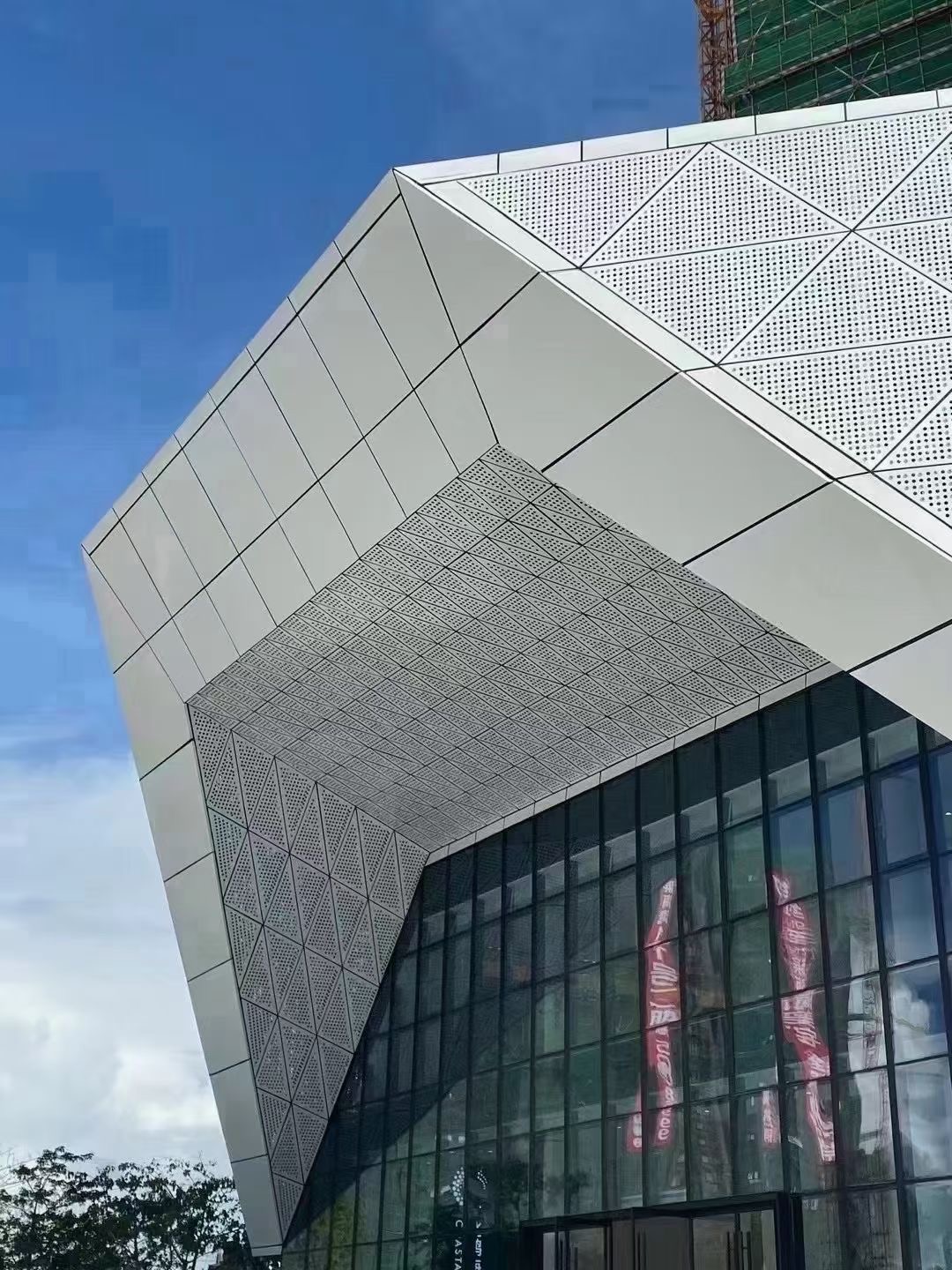
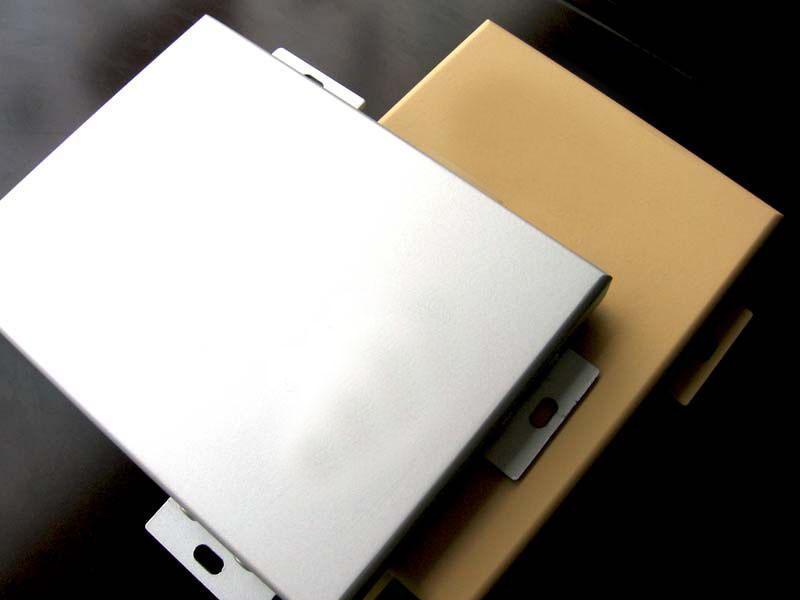
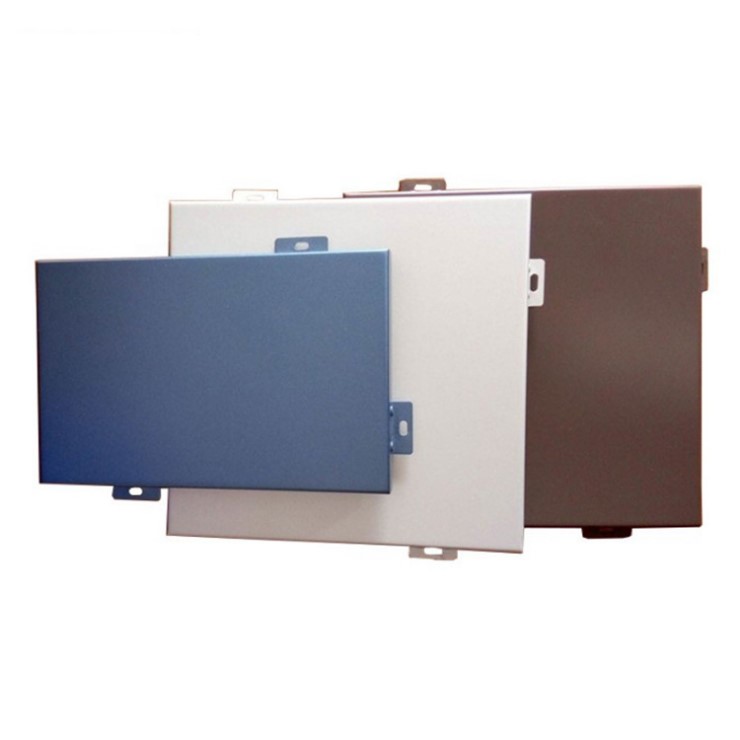
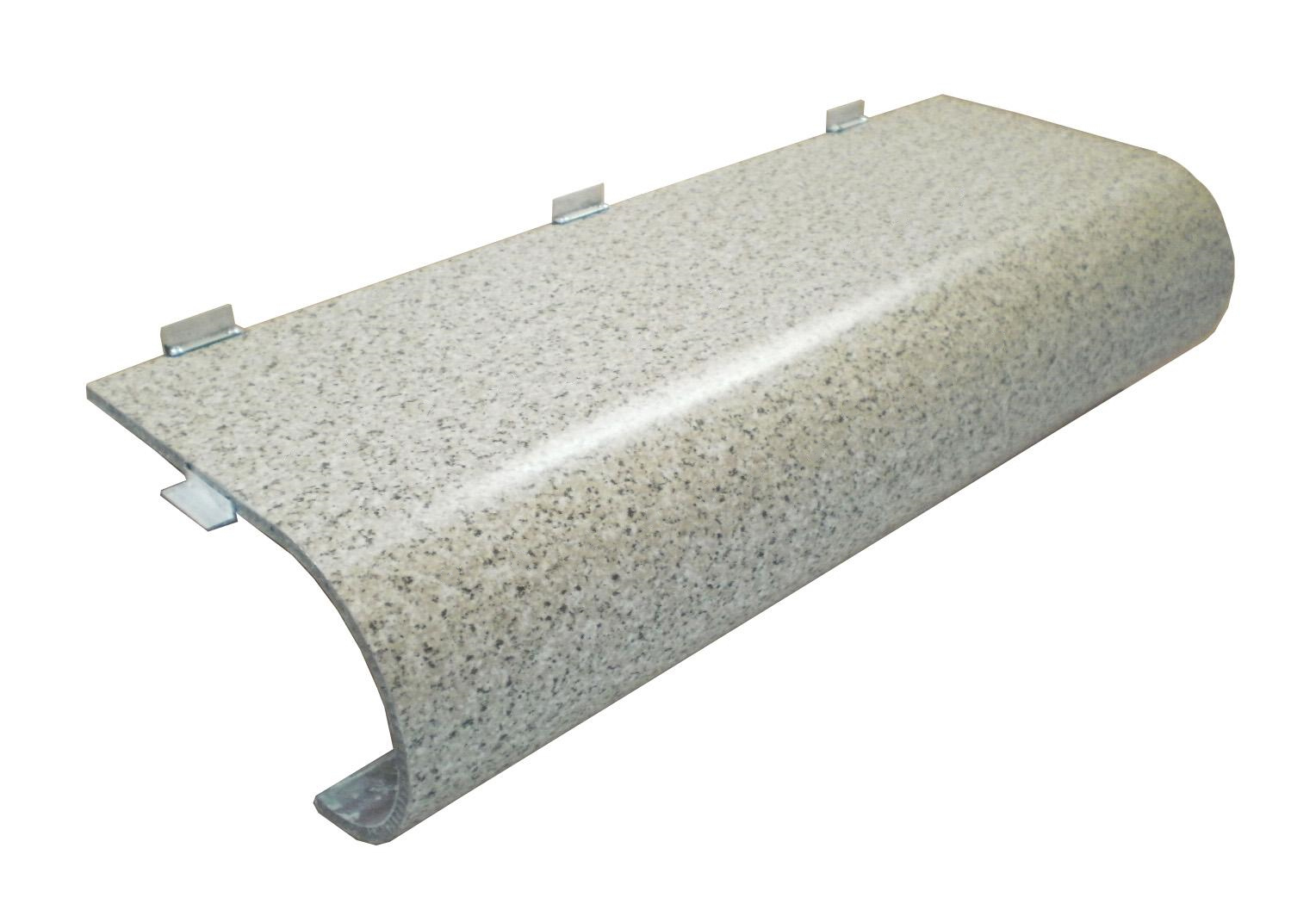
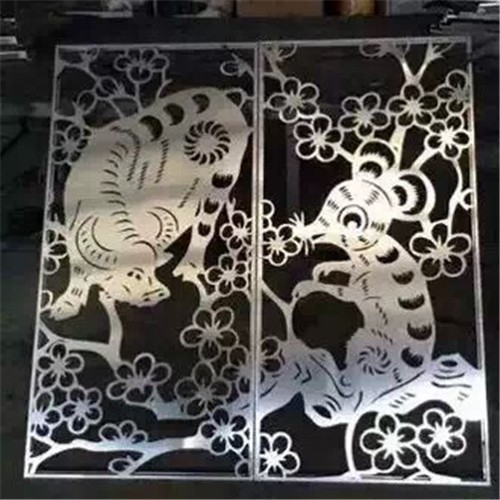
 Customer service QQ
Customer service QQ